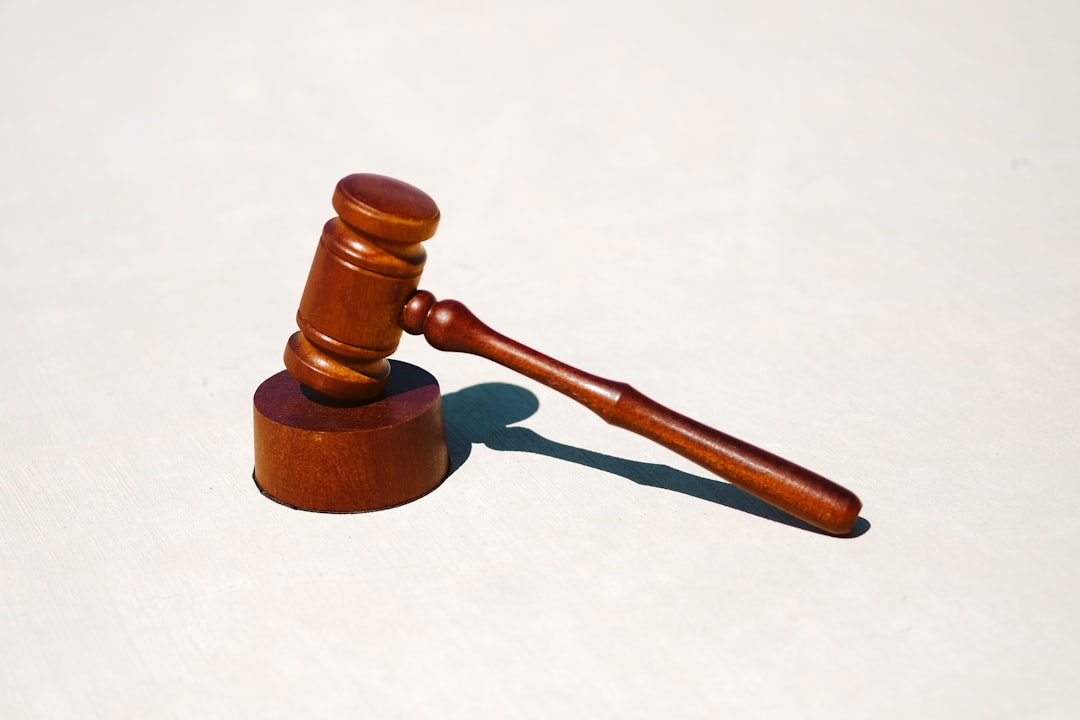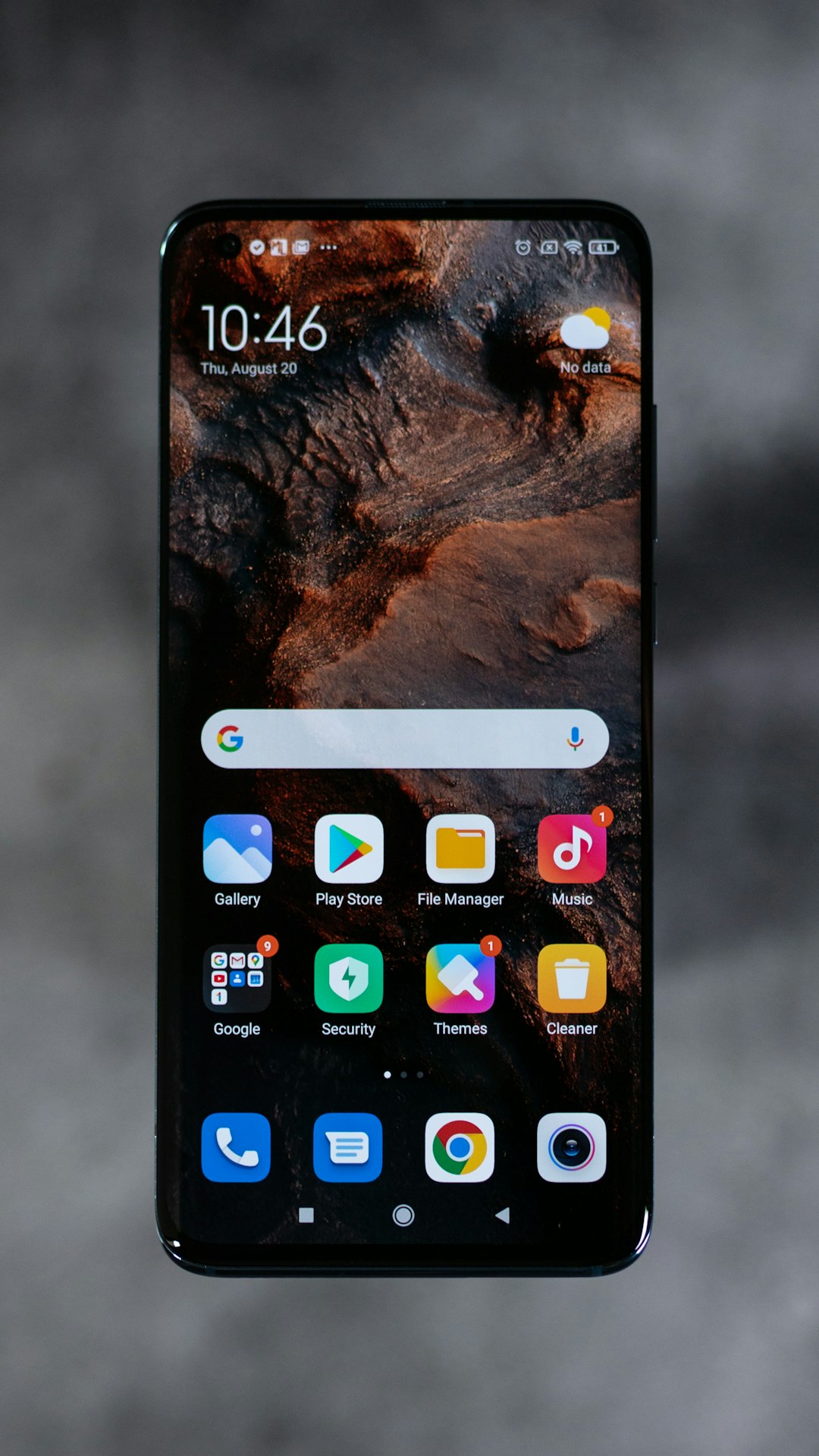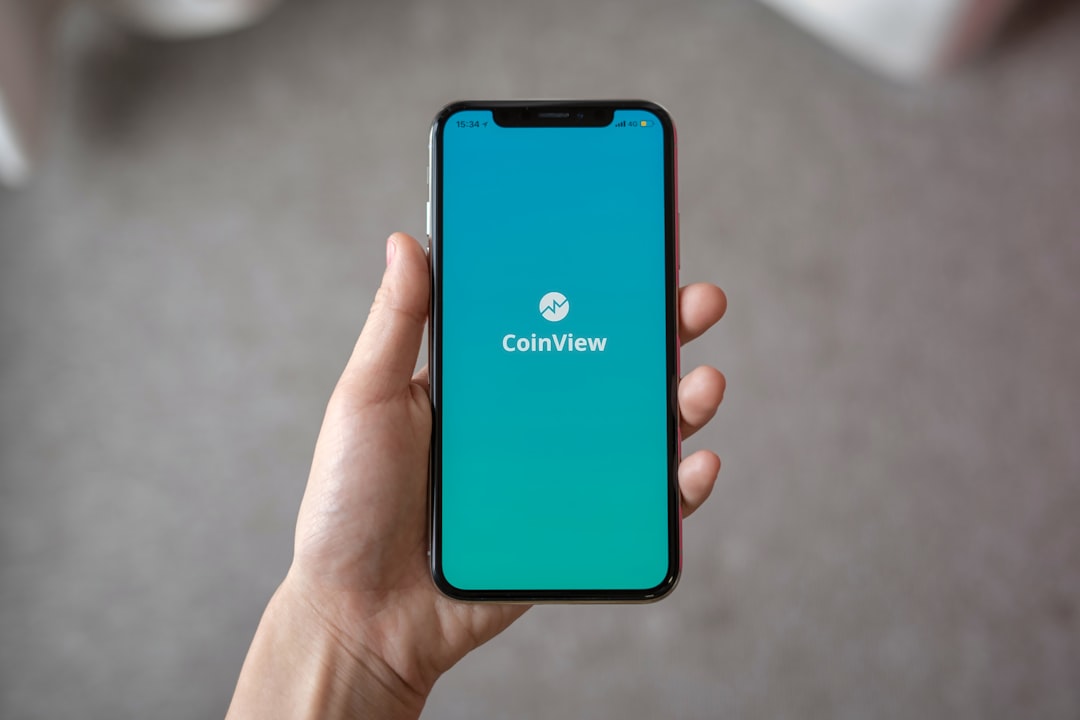Maine residents are protected from excessive robocalls by state and federal laws, including the TCPA, with the Maine Attorney General's Office enforcing Do Not Call lists for law firms. Registering on the National Do Not Call Registry blocks marketing calls, and advanced blocking apps, home security systems, and service provider tools offer further protection. Community initiatives and tech-driven solutions have significantly reduced robocalls, but residents should update apps, protect personal info, and set Do Not Call restrictions with law firms to maintain privacy.
“Maine residents face a persistent problem with robocalls, but there are effective solutions available. This article explores tailored strategies to combat this annoyance, focusing on the unique legal framework within the state and leveraging cutting-edge technologies. We delve into the Do Not Call Registry’s role, examine successful case studies, and provide insights on staying protected from evolving spam calls. Discover how Maine law firms are empowering residents to reclaim their phone lines and navigate the complex landscape of robocall blocking.”
Understanding Robocalls and Maine's Legal Landscape

Robocalls, automated phone calls that deliver pre-recorded messages, have become a ubiquitous and often unwanted nuisance across the country, including Maine. While many robocalls promote legitimate services or products, some fall into the category of illegal telemarketing when they violate the Do Not Call laws. In Maine, residents are protected by state and federal regulations designed to curb excessive and unsolicited calls, particularly from law firms. The Maine Attorney General’s Office plays a crucial role in enforcing these rules, ensuring that businesses adhere to the Do Not Call lists and respect individual privacy.
Maine’s legal landscape regarding robocalls is established through a combination of state laws and federal regulations, such as the Telephone Consumer Protection Act (TCPA). These laws empower residents to take action against persistent or illegal robocallers by filing complaints with the Attorney General’s Office. By understanding their rights and the existing legal framework, Maine residents can better navigate and protect themselves from unwanted phone marketing practices, especially when it comes to law firm telemarketing.
The Do Not Call Registry: A First Step for Maine Residents

Maine residents dealing with unwanted robocalls can take a significant step toward relief by registering their phone numbers on the National Do Not Call Registry. This federal database is designed to protect consumers from unsolicited calls, including those from law firms and other commercial entities. By simply signing up, individuals ensure that they won’t receive sales or marketing calls at all, except from companies with whom they have an existing business relationship.
This initial measure offers a robust foundation for further protection against robocalls. The Do Not Call Registry serves as a critical tool in combating the deluge of automated calls, providing Maine residents with some much-needed peace of mind. Additionally, it empowers them to take control of their phone lines and make informed choices about the communications they do—and don’t—wish to receive.
Blocking Robocalls: Technologies and Tools Available

Robocall blocking solutions have become increasingly sophisticated, offering Maine residents a range of tools and technologies to combat unwanted automated calls. One popular method is using call-blocking apps that are designed to detect and filter out robocalls. These apps often employ advanced algorithms and machine learning capabilities to identify suspicious calls based on patterns, frequency, and caller ID information.
Additionally, many home security systems now include call blocking features as part of their comprehensive safety packages. Maine residents can also take advantage of Do Not Call laws by registering their phone numbers with state-regulated lists. This simple step ensures that they receive fewer unsolicited calls from telemarketers and other automated services. Moreover, telephone service providers in Maine often offer call-blocking services as part of their plans, further empowering residents to manage their communication preferences effectively and minimize the intrusion of robocalls.
Case Studies: Successful Robocall Blocking in Maine

In recent years, Maine residents have witnessed a significant reduction in unwanted robocalls, thanks to innovative blocking solutions tailored for their unique needs. Case studies across the state highlight the success of these initiatives. For instance, several communities have implemented local Do Not Call registries, empowering citizens to opt-out of automated calls from telemarketers and law firms. This collaborative effort has led to a notable decrease in spam calls, enhancing the overall quality of life for Maine folks.
Additionally, tech-savvy Mainers have embraced advanced call blocking apps and software that employ sophisticated algorithms to identify and filter out robocalls. These tools learn from user feedback and continuously update their databases to stay ahead of evolving spammers’ tactics. As a result, residents report fewer intrusive calls, providing them with greater control over their communication channels and peace of mind in the age of digital connectivity.
Future-Proofing Against Evolving Spam Calls

As technology advances, so do spam calls, making it a constant challenge for Maine residents to stay ahead of unwanted robocalls. To combat this, future-proofing your phone against evolving spam is crucial. One effective strategy is staying updated with call blocking apps that use machine learning algorithms to adapt and block new patterns of spam calls.
Additionally, being mindful of what you share online can significantly reduce the risk. Avoid providing personal information or numbers to unknown sources, especially law firm-related calls, as these are common vectors for robocallers. Regularly reviewing and updating privacy settings on your devices can also help limit the influx of unsolicited calls.






